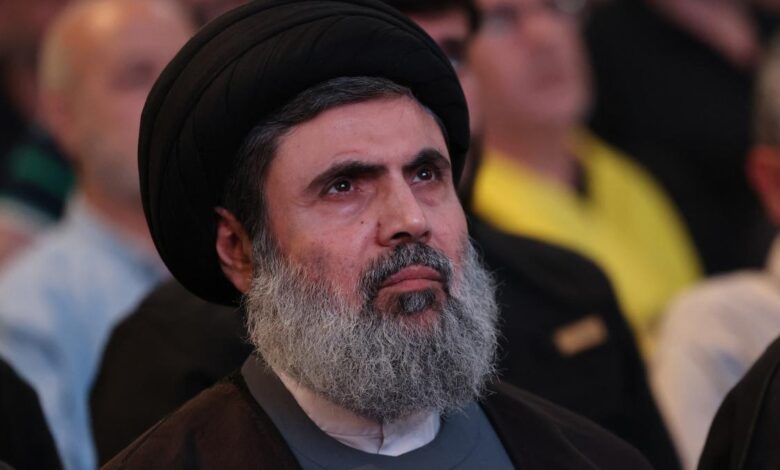
In a significant military operation, the Israeli Defense Forces (IDF) have confirmed the killing of the individual expected to succeed Hassan Nasrallah, the long-time leader of the militant group Hezbollah. The airstrike, conducted on October 4, has further escalated tensions between Israel and Hezbollah, marking a key moment in the ongoing conflict between the two adversaries.
Hezbollah’s Influence in the Region
Hezbollah, based in Lebanon, is a powerful political and military organization backed by Iran. It has a long history of hostility with Israel, including involvement in several wars and numerous border skirmishes. Over the years, Nasrallah has maintained tight control over Hezbollah, leading it through various conflicts with Israel and exerting significant influence over Lebanon’s political landscape.
The individual targeted in this strike, widely believed to be Nasrallah’s second-in-command, had been groomed to take over leadership of the group in the event of Nasrallah’s death or incapacitation.
Escalating Tensions
The death of Nasrallah’s successor comes at a time of heightened conflict between Hezbollah and Israel. Recent weeks have seen an uptick in rocket attacks, airstrikes, and border clashes. The IDF has intensified its operations against Hezbollah’s infrastructure in Lebanon, targeting weapons depots, command centers, and now key leaders within the group. Hezbollah, in turn, has continued to launch attacks on Israeli military positions and civilian areas near the border.
Strategic Impact
The strike is viewed as a significant blow to Hezbollah’s leadership structure and morale. While Nasrallah remains in power, the elimination of his likely successor creates uncertainty within the group’s ranks and may lead to internal power struggles. Analysts believe that this could weaken Hezbollah’s operational capabilities in the short term, though the group is known for its resilience and ability to quickly adapt to losses. The killing of high-ranking officials within Hezbollah is part of Israel’s broader strategy to neutralize the group’s military threat and disrupt its influence in Lebanon.
Regional Repercussions
The death of Hezbollah’s second-in-command could also have broader implications for the Middle East. Hezbollah is a key player in the region’s proxy conflicts, particularly in Syria and Yemen, where it has been actively involved in supporting Iran’s strategic goals. A weakened Hezbollah could shift the balance of power in these conflicts, potentially giving Israel and its allies a strategic advantage.
However, this development is likely to further inflame tensions between Israel and Iran, Hezbollah’s main backer. Iran has condemned the strike and vowed to continue supporting Hezbollah’s fight against Israel. As both sides brace for potential retaliation, the region remains on edge, with fears that the conflict could escalate further.
Also read: UN Warns Gaza Economy Could Take 350 Years to Recover




